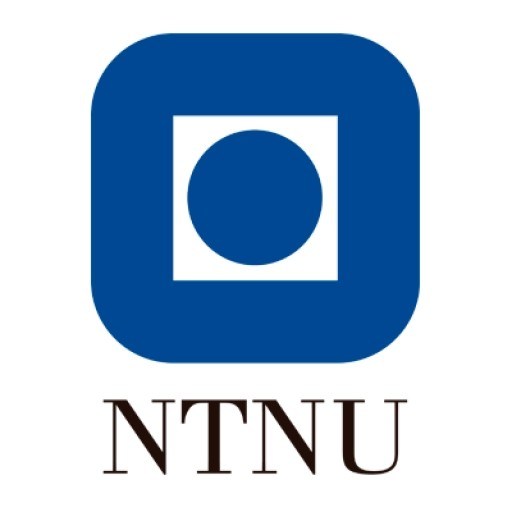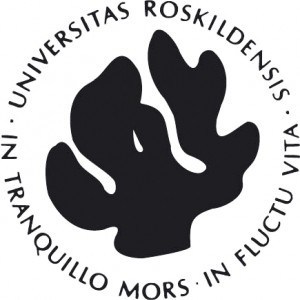Photos of university / #officialuom
Advertisement
Would you like to impress future employers with your in-depth knowledge of refinery design and operation? Major employers know that the best way to increase the profitability of a refinery is to examine its design and operation and they are keen to employ people who have a deep conceptual understanding of advanced chemical process design for the petrochemicals industry. The course teaches you how clean and efficient processing operations not only help improve the environment but also help industry perform to its full potential.
* You examine a series of processing steps and how they interconnect to form a complete system which transforms raw materials into desired products with minimal cost and environmental harm.
* You design integrated crude oil distillation systems and efficient heat exchanger networks and utility systems and integrate refinery hydrogen systems.
* You learn how to build, solve and validate mathematical models for the simulation, optimisation and control of chemical processes and large refinery systems and use design and modelling software such as Hysys, ProII, Matlab and Aspenplus.
Who will benefit from the course?
The course is for recently graduated chemical engineers who wish to develop their understanding of chemical process design in the petrochemical industry and use their skills and knowledge to help future employers increase their profitability.
What are the benefits to students?
* Advanced training in the most recent principles and concepts of process design ensure you are up to date with the most progressive ideas in the field
* Regular feedback from senior businessmen and women from prestigious international companies mean that the course is considered to be of high quality and extremely relevant to industry
* The qualification you gain will be recognised all around the world and the excellent reputation of the course amongst employers mean that you will immediately enhance your career prospects
* Training in the use of process simulation software and other software tools means that you graduate with skills which are highly useful to employers
* The availability of e-learning material enables you to plan your time to study at your own pace - and you can choose between studying full-time at the University or part-time through distance learning
* You will gain many other skills to make you more employable such as report writing, data analysis and the ability to make presentations.
* There is the flexibility to choose whether you study for an MSc, Postgraduate Diploma, Postgraduate Certificate or even a single Unit as a professional training course.
Module details
The course can be studied full-time in attendance at the University or part-time by distance learning.
* The amount of effort required by a student is measured in credits. An MSc requires the completion of 180 credits, a Diploma 120 credits and a Certificate 60 credits.
* The MSc has two major segments, the taught part and a research project. You study six 15 credit Units and the 30 credit Unit on Research Training Techniques and Methodology. Following the successful completion of these you go on to complete your 60 credit Dissertation Project (total 180 credits).
* The Postgraduate Diploma requires successful completion of six 15 credit Units and the 30 credit Unit on Research Training Techniques and Methodology (total 120 credits).
* The Postgraduate Certificate requires successful completion of four 15 credit Units (total 60 credits).
* Each of the individual Units is available to study as a shorter training course - a great way to learn new skills and enhance your professional development.
The Units are:
* Computer Aided Process Design (15 credits)
* Energy Systems (15 credits)
* Utility Systems (15 credits)
* Distillation Systems Design (15 credits)
* Reaction Separation Systems (15 credits)
* Petroleum Engineering (15 credits)
* Research Training Techniques and Methodology - including Design Project (30 credits)
* Dissertation Project (60 credits)
Want to improve your English level for admission?
Prepare for the program requirements with English Online by the British Council.
- ✔️ Flexible study schedule
- ✔️ Experienced teachers
- ✔️ Certificate upon completion
📘 Recommended for students with an IELTS level of 6.0 or below.









